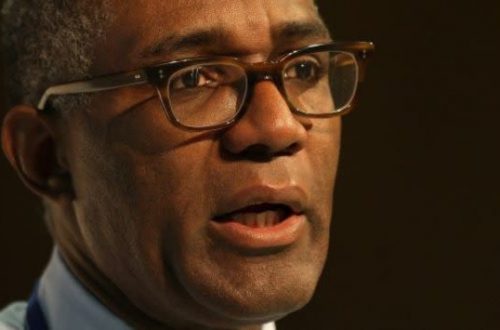My own negative experiences in the credibility gap between stated commitment to health care and actual practice by individuals in NHS was when study/training in a paramedical profession, and experiencing a spell of clinical depression. Despite keeping the departmental supervisor appraised and her expressing no concerns, on hearing of it the student co-ordinator ‘consulted’ departmental colleagues – read, informed all staff of my personal medical details – and then reported to the university authorities, which removed me from placement (and, thus, broadcast details around my classmates).
Understandably my condition took a downturn at that point and future clinical placements failed resulting in efforts to transfer to an academic-based course for which I had sufficient credits and which my institution offered. This proven easier in concept than in practice… that is, it failed entirely in practice when repeated attempts at communication by me to them were not responded to until the stress became too great and I suffered another relapse.
(Although, the university was keen to get in touch with me for unpaid student fees resulting from repeated years of study, even though my medical exemption meant that these fees already had been paid on my behalf. Instead of contacting me at my term address, demands to my unoccupied home address went uncollected until bailiffs were dispatched to my mother’s address. Then called off. Then dispatched again.)
A couple of years on, I resurrected my complaint which was rejected as the maximum period which the university had an obligation had expired (the day after the letter informing me of this was dated), no further assistance would be offered. Efforts to take it to arbitration also failed because the university was not affiliated to the Scottish Public Services Ombudsman at the time of my enrolment.
Thus there are no sterile terms I can think of to express my feelings for all involved, so will settle with “complete shites”.
As such, I sympathize entirely with the complainant in this report. In July 2010, Annabelle Blackburn had started work as a practice nurse at Kendall Crescent Health Centre under the Oxfordshire Primary Care Trust, and quickly discovered a litany of unanswered correspondence to the single practice partner, Dr. Mark Huckstep: including medical assessments alerting him to potentially fatal diagnoses.
On informing health managers, Blackburn was informed that Huckstep had been “only their radar or 10 years” and an emergency taskforce promised. None came, although a series of locums were assigned and in March 2012 Huckstep was suspended pending a GMC investigation; which he avoided by voluntarily removing himself from the register, and now appears to have secured alternative employment as a director of a company supplying care workers.
From reports of Huckstep’s conduct and the PCT’s response, this account from a former patient appears close to the mark: that, although utterly inept as a GP, Huckstep did appear personally likable.
On the appointment of a new practice manager, Blackburn and colleagues reported continued harassment to the point that she resigned and initiated the case for constructive dismissal. During this she was described as “exaggerating her concerns” after flagging-up shortcomings at a single GP surgery in Oxfordshire Primary Care Trust, and who subsequently found it not possible to regain employment without applying to a nearby PCT.
Although one of the locum GPs received a non-disclosure settlement of some £150,000, Blackburn’s case against the PCT has been rejected on the grounds that Huckstep had been her direct employer and that the PCT had no case to answer in a cynical dismissal of responsibility based on exquisite understanding of legal procedures which reminds me of my not extracting even an acknowledgement of failure to provide a duty of care.
Her mistreatment notwithstanding, Blackburn has continued her career without much apparent difficulty. The same cannot be said of Julie Bailey who led the Cure the NHS campaign following her mother’s undignified death in NHS Mid Staffs, resulting in lurid online comments from ambulance paramedic Murph Guest.
Although Guest’s conduct resulted in his being sacked for gross misconduct, Bailey found herself ostracized locally after the Trust was declared bankrupt.
One failed patient of NHS Mid Staffs was Gillian Astbury who died from a diabetic coma in what were described as wholly avoidable circumstances, and in June resulted in one nurse’s being struck-off and another placed under caution. NHS Mid Staffs initially pled guilt to gross negligence at Stafford Magistrates Court who, to their credit, referred the case to Crown Court level after concluding that the maximum £20,000 fine which could be imposed was insufficient.
